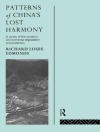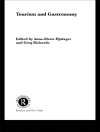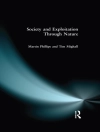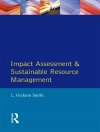This book explores how biotechnology can lead to the reimagination of cities. In a time where the increasing adoption of technology by cities is leading to unsustainable environmental and economic concerns, biotechnology has enabled new ways of envisioning data and energy storage. Zaheer Allam thus revisits the popular concept of Smart Cities -and its associated Internet of Things (Io T) to explore how the biological sciences, coupled with technology, can be applied to cities; and in doing so, create living urban organisms on an unprecedented scale.
This new concept will open up exciting avenues to providing novel solutions for climate change mitigation. The book goes on to address various potential concerns and discusses what regulatory frameworks would be needed to safely implement such a concept. It will be a useful tool for planners, policy makers and engineers as well as for researchers with in interest in the future of our cities.
Inhaltsverzeichnis
Chapter 1 – Biotechnology to render future cities as living and intelligent organisms.- Chapter 2 – The Triple B: Big data, biotechnology and biomimicry.- Chapter 3 – Revisiting energy policy and planning in future living cities.- Chapter 4 – On gene editing and the conflicts between biodiversity and urban liveability.- Chapter 5 – Biometrics, privacy, safety and resilience in future cities.
Über den Autor
Zaheer Allam works as an Urban Strategist for the Port Louis Development Initiative (PLDI), Mauritius and the Global Creative Leadership Initiative. He is the African Representative of the International Society of Biourbanism (ISB) and a member of the Advisory Circle of the International Federation of Landscape Architects (IFLA). He was elevated, by the President of Mauritius, to the rank of Officer of the Order of the Star and Key of the Indian Ocean (OSK); the highest distinct order of Merit in Mauritius.












